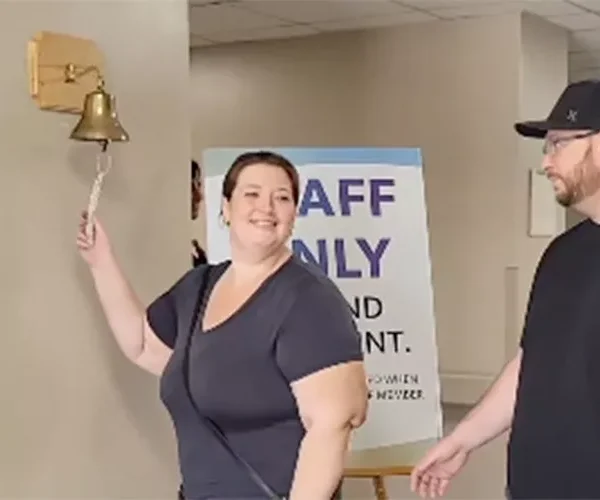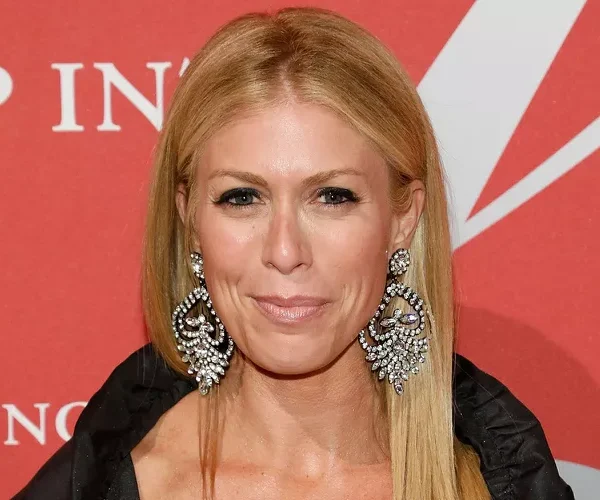
Hannah Brown is talking openly about her “crazy” childhood cancer scare.
The former Bachelorette talked about her fight with pancreatic cancer at age 11 when she appeared on Off the Vine with Kaitlyn Bristowe.
Brown admitted to fellow Bachelorette alum Bristowe, “I had a really crazy scare when I was little.”. “I got really sick really fast where — I still think it’s like a weird medical mystery of what caused them to find it — because I got my period really early but only once.
I also had severe stomach pain that made it impossible for me to go to school, double over in agony, or use the restroom — this was serious.
In addition, I was experiencing extremely painful stomach cramps.
”.
Brown claimed that she was “declining in health” to the point where she can see it in old photographs of herself taken at the time. Her primary care physician advised a full-body scan after several specialists were unable to pinpoint the source of her pain, and that is how she discovered she had cancer.
I had a malignant tumor that was encased, she claimed. “I hate to say it, but there are people who have really battled cancer, and I was very lucky that my doctor was able to completely remove my encased tumor. It might have been much worse if it had burst or if something had been left behind.
”.
Brown continued, “It was quick.”. “Two weeks after learning I had it, I underwent surgery. During my fifth-grade year, I hardly ever went to school. ”.
In her memoir, God Bless This Mess, Brown previously talked about her experience with childhood cancer. My dad received a call with the results from an oncologist, not our family doctor, a day or so after they sent me in for a biopsy, she recalled. “The growth was cancerous. Cancer. The deadliest type of cancer is pancreatic cancer. “.
The National Cancer Institute states that the most prevalent type of pancreatic cancer in children is solid pseudopapillary tumors, which most frequently affect pre-teen girls. As they frequently remain localized to the pancreas and do not spread, as was the case for Brown, there is a higher chance of recovery.
Brown said she was worried about the possibility that, if there were any remaining cancer cells, she might have to undergo chemotherapy and radiation treatment after the surgery, which would mean she might lose her hair.
According to what the surgeon discovered once they had me in the operating room, she said, “there was a chance we’d have to undergo radiation and chemotherapy.”. But amazingly, I didn’t require either one. “.
Additionally, Brown has not had cancer since the operation.
After that, I had to have checkups about once every year, but nothing else was ever discovered in my scans or bloodwork, she said. “.

